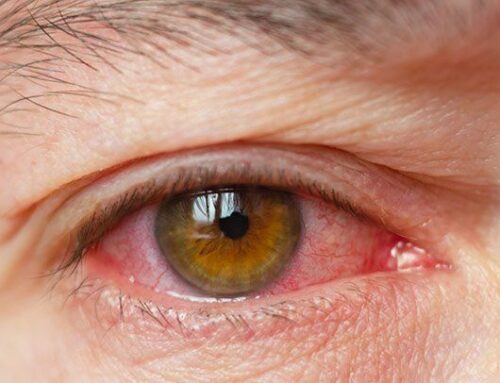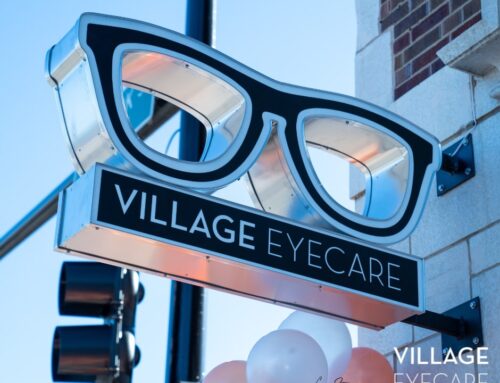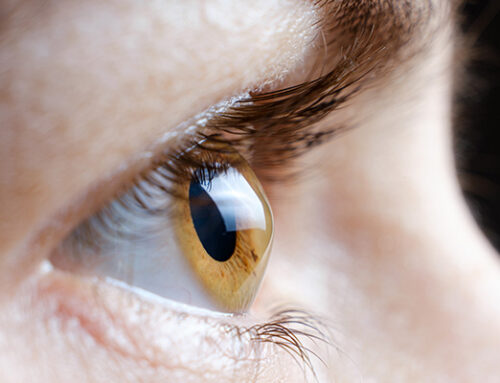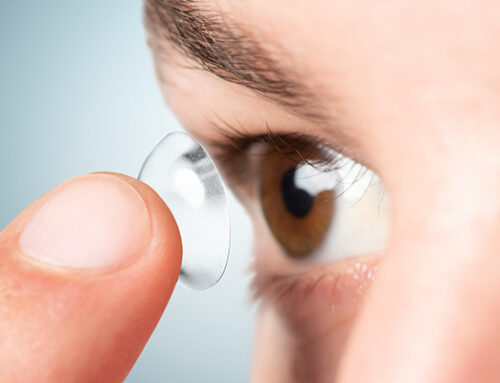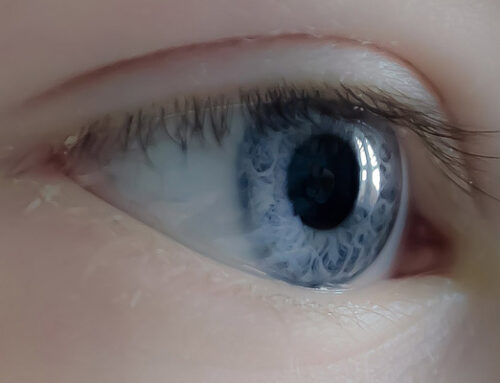Playing Outside Saves Kids’ Vision
Myopia, or nearsightedness, is one of the most common refractive errors. A refractive error is what happens when light enters your eye and bends (refracts) improperly, which is usually the result of a misshapen cornea. As the light bends at an incorrect angle, it causes blurry vision.
People with myopia struggle with focusing on images from a distance, while viewing something near them remains clear. Glasses or contacts are usually worn to correct their vision. The lenses refract light correctly, which transmits the things you see to your brain so it can understand them, resulting in clear vision. However, these do not fix the vision problem itself, instead of becoming like permanent “eye-crutches” for their whole lives!”

Is Myopia Dangerous?
As a refractive error alone, myopia isn’t really a dangerous condition, but that doesn’t mean it’s without complications or concern, either. As it progresses, it can lead to a higher risk of other eye diseases like cataracts, glaucoma, or retinal detachment. For patients with more serious cases of myopia, decreased visual clarity or significant vision loss (even blindness!) can develop.
Wearing glasses or contact lenses isn’t always enough. What’s even more concerning is that high levels of myopia can show up later in life, which is why detecting it earlier is so important.
If you or a loved one is experiencing blurry vision or other symptoms of myopia, we can help. Speak to Satti Sarai to schedule a personal consultation.
Myopia And Children
 Myopia is rising among the general population, but it seems to affect children in excessively high numbers. In fact, 1 in 10 American children between 5-17 years old have the condition, and 75% of children are diagnosed between 3 and 12 years old. Like facial features and even parts of your personality, nearsightedness is often inherited genetically. This means that if one or both parents have it, it’s likely that their child will also have it.
Myopia is rising among the general population, but it seems to affect children in excessively high numbers. In fact, 1 in 10 American children between 5-17 years old have the condition, and 75% of children are diagnosed between 3 and 12 years old. Like facial features and even parts of your personality, nearsightedness is often inherited genetically. This means that if one or both parents have it, it’s likely that their child will also have it.
In school, this can be a real struggle. Reading, writing, seeing the board clearly, participating in class, doing homework, and after-school activities are a natural part of your child’s school years. Nearsightedness can negatively affect their learning and relationships with peers.
Screen Time And Higher Myopia
Did you know that increased screen time has been shown to increase the risk of myopia in children? Studies show that the more time kids spend indoors watching TV, on computer games, phones, or tablets, the higher the likelihood of developing myopia.
Why? Because when the eyes are consistently deprived of natural light, they can develop a sensitivity to it when they’re suddenly experiencing it. Think of how it feels when you’re in a dark room and someone suddenly turns the light on. Your eyes hurt and you feel momentarily blinded. The simplest way to treat this situation is by exposing the eyes to natural light on a regular basis.
Being Outdoors Can Help Manage Children’s Myopia
 Now the good news: if too much indoor time is a problem, then it’s time to send your kids outside!
Now the good news: if too much indoor time is a problem, then it’s time to send your kids outside!
Despite what you’ve heard about the dangers of too much sun, a healthy amount of natural sunlight is a good thing. The sun’s natural ultraviolet (UV) rays contain Vitamin D. In moderate doses, Vitamin D is good for you. Medical professionals believe that these rays can actually change the shape of the cornea. Since a misshapen cornea is what causes myopia, to begin with, this serves as a simple way to counterbalance its effects.
Natural light is brighter than light bulbs and lamps. Being outside can help your child’s eyes become used to natural light, balancing out the excessive time spent inside. As if this wasn’t enough, time spent outside doesn’t cost a thing. Who doesn’t like free stuff? Make the time fun by playing at a park, skateboarding, having a barbeque or picnic – the options are endless!
As parents, you want what’s best for your kids. Spending time outside, together with other treatment methods, can improve your child’s myopia.
Early diagnosis is critical for managing myopia and slowing down its progression. Contact Village Eyecare and let us help your children enjoy clear vision and excellent eye health.



